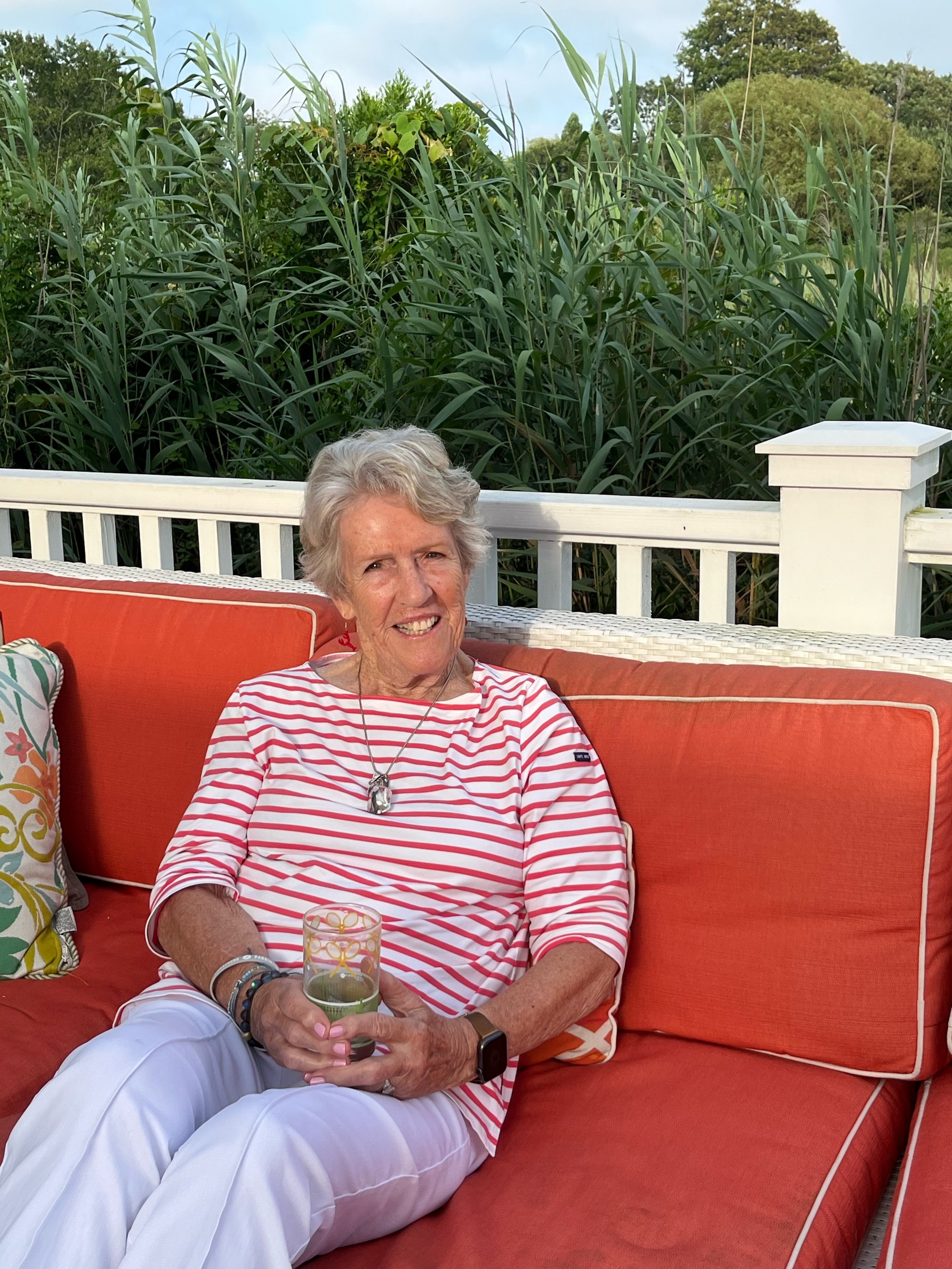HEROES IN PINK
/The statistics are sobering:
—One in eight women (about 12%) in the United States will develop invasive breast cancer during her lifetime.
—Breast cancer death rates for women in the United States are higher than any other cancer, including lung cancer.
And yet, when asked if anything positive resulted from their original diagnosis, countless survivors admit, “In many ways it was a gift because I learned to appreciate life every day and live it to the fullest.”
October is Breast Cancer Awareness Month, and I join in the nationwide salute to these heroes in pink who heard frightening words from their doctor— “I’m sorry, tests indicate you have Stage 2 breast cancer” — and kept moving forward with hope, spirit and grit.
The diagnosis of breast cancer is life-changing. “I had total disbelief,” a survivor told me. “Are they sure? Should I get a second opinion? Should I have a lumpectomy or complete mastectomy? Will an operation change my looks as a female? Will I be lopsided?” But for most, the latent emotion, the one that triggers sleepless nights, is: Will I survive?
Treatments for breast cancer include surgery, along with radiation and chemotherapy that can last six months to a year. In addition to feeling “absolutely lousy” during treatment, survivors often experience nausea, pain, hair loss, lingering fatigue, depression, lack of appetite and disinterest in sex. Many survivors live the rest of their lives coping with the scars and lasting effects of chemo and radiation, including neuropathy and disfigurement.
Worries and fears don’t evaporate when the oncologist tells you, “You’ve been clear for five years. I only need to see you on a yearly basis now.” The five year mark is an important milestone but, even after 10 or 20 years of being cancer free, nagging concerns lurk. A survivor said, “When I go for my yearly checkup and mammogram, I continue to have a lot of anxiety and stress that something new will show up, even after 18 years.”
The death rate for breast cancer declined 39% between 1989 and 2015. Because of better diagnostic tools and surgical techniques, newer chemo regimens and targeted therapy, early detection through screening and increased awareness, many survivors now recognize that, “A diagnosis of breast cancer is not the end. There’s more hope these days.” While it is true that one in eight American women will develop breast cancer, that also means there are seven chances out of eight that she will never have the disease.
Like veterans of other wars, there are special bonds among survivors of breast cancer. They have fought their battles in similar trenches. They understand what others have endured. I am one of them. And I know the happiness and relief for every year that separates us from the day we first learned we had cancer.
Recently, a 10-year survivor told me, with a big smile on her face, “I’m filled with gratitude for the life I have today.” Me too.



